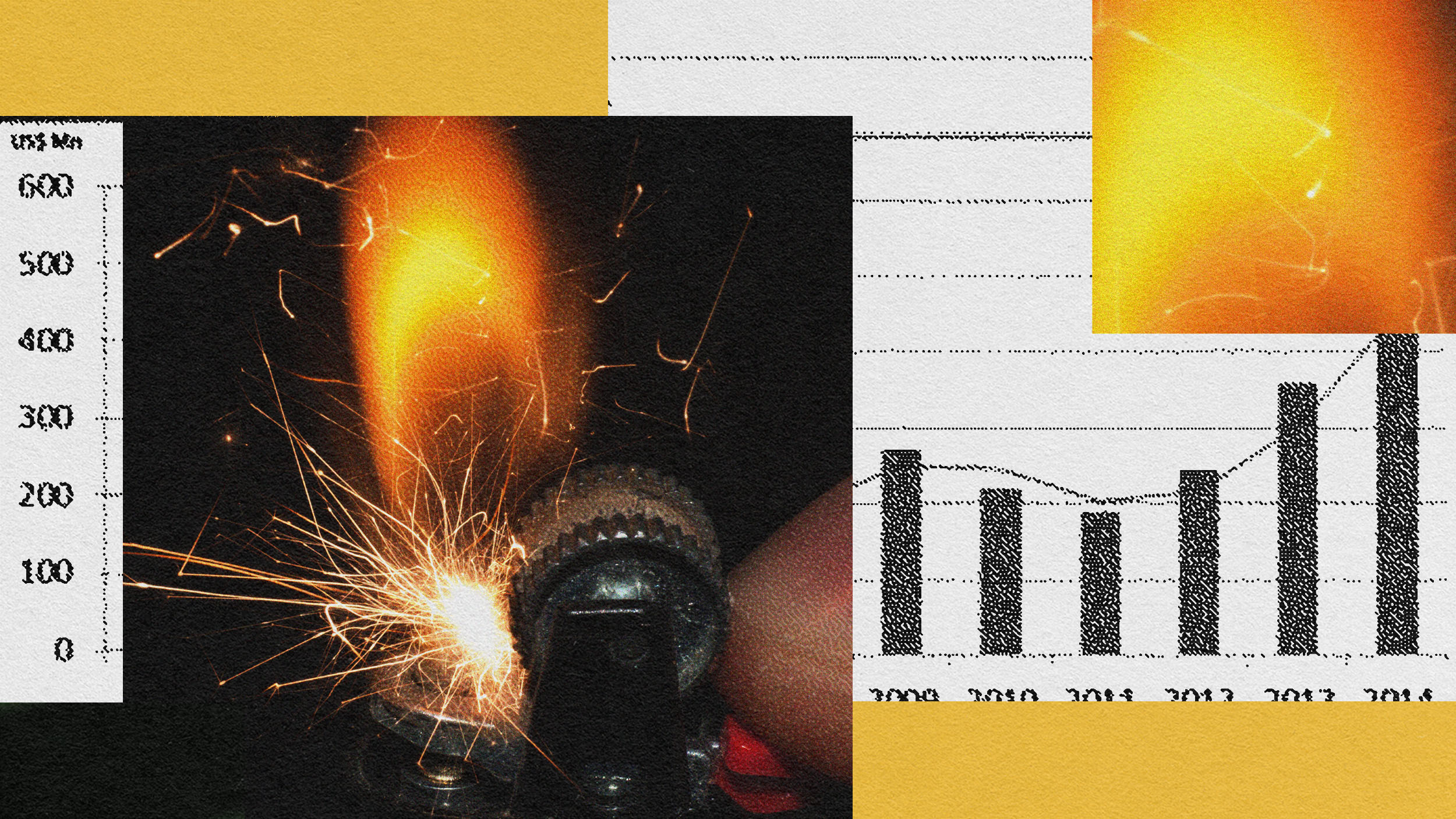Alice Rivlin on how to succeed in a new regulatory environment.
Topic: The Government and the Economy
Rivlin: I’m Alice Rivlin, and I’m a senior fellow at the Brooking’s Institution.
Question: How is government expanding opportunities for business?
Rivlin: There are some quite obvious things that, companies can do right now depending on what kind of companies they are if we are fixing our crumbling infrastructure then companies that specialize in doing that will benefit it we’re giving more people access to broadband that is certainly an opportunity if we’re making our healthcare system more efficient, there will be some people who will loose by that but there will also be both providers and the healthcare technology industry that will benefit.
Question: How will government stimulus affect small business?
Rivlin: The stimulus plan is I think widely misunderstood because think of it, is just infrastructure. It is partly that but the most important part of the stimulus I thought were the parts that got money to individuals so that they could keep paying their bills, that means the food stamp part or the unemployment benefits increase, the modest increase in social security benefits and the other part that seem to me very important were the benefits to states to keep them from cutting back on their services. So and I didn’t even mention the tax cuts which go to ordinary people. Those things will keep demand up. It will keep consumption of and it will benefit the businesses across the board. There is no special benefit here. It just means that people will not be cutting back on their consumption as much as they ordinarily would have.
Question: Will salary caps stifle innovation?
Rivlin: We were bringing a lot of talents to Wall Street that in my opinion would have been better employed doing something else the financial services industry got way out of kilter with the rest of the economy. Financial services are supposed to be serving the rest of the economy actually our financial our financial services industry got into a position where it was largely servicing itself we don’t need that many smart people inventing more and more complex derivatives and instruments to sell to each other. There is very little social benefit in that activity. Now, I don’t mean we can close down all derivatives, markets, or anything like that but if compensation in financial services is less astronomical and we attract less of our high skilled talent in the financial services and more of it into other parts of the economy, it will be all to the good.
Question: Do you foresee fundamental changes to the financial sector following the crisis?
Rivlin: This massive disaster has certainly expose weaknesses in the financial sector. Some we knew were there, many we didn’t and we need a drastic overhaul I think on 2 fronts. Partly it is a question of modernizing our regulatory system which simply did not keep up with the advances in financial innovation and globalization that were happening all around us. That means stricter regulation for major institutions that are very interlink with the rest of the economy and indeed with the global economy. It can’t be too strict. We need those major institutions. The 2nd front which I think is more important is we need to go over our economic structure or economic architecture and look for perverse incentives. Places where there are incentives that mean that people can make a lot of money doing something really risky. Now, we have a good example of that in mortgage lending the mortgage lending standards got very lax in part because we missed the perverse incentive. We missed the fact that the loan originator has no reason to worry about the credit worthiness of the borrower if he doesn’t keep any of that risk himself. If he is just selling this mortgage to somebody else as part of a package backing a bond issue then he has no reason to worry about whether the borrower can repay. That was a perverse incentive. It had been there for a while bit nobody noticed it. It was the big influx of capital into the mortgage back security market. A lot of it coming from overseas that exposed this weakness and we have to look for things like that and change them.
Question: Will President Obama be good for business?
Rivlin: I think that President Obama has to work right now on the thing that is most important namely getting out of this recession and getting the financial services industry functioning again. If he doesn’t accomplish that and I think he will, it will be a disaster for business. We need a functioning economy where people have jobs. We need to be a more sustainable economy than we were before. Both in an environmental sense and in the sense that we need to save more and finance more of our own investment out of domestic saving. I think that will happen because people who borrowed too much and consume too much got badly burned but we need an economy which is functioning well and in which people are saving more, borrowing less and doing more productive work.





